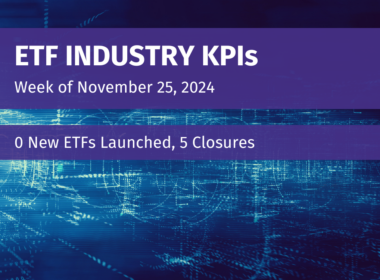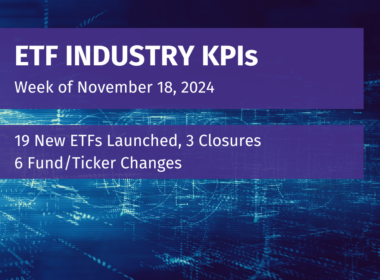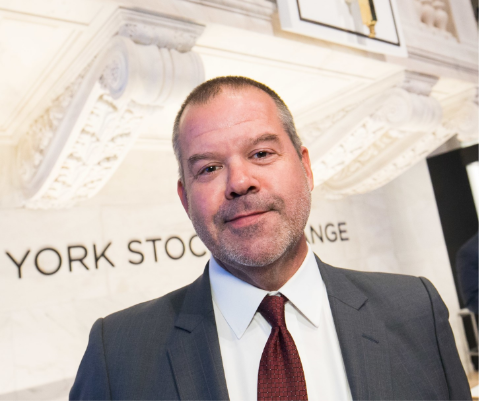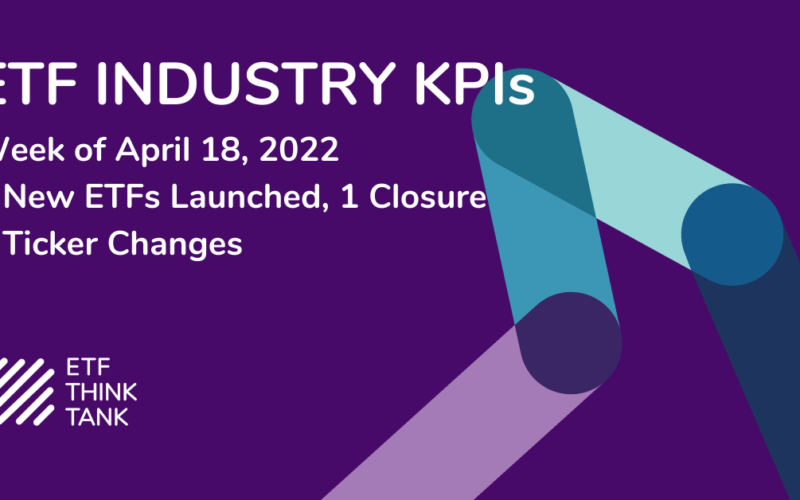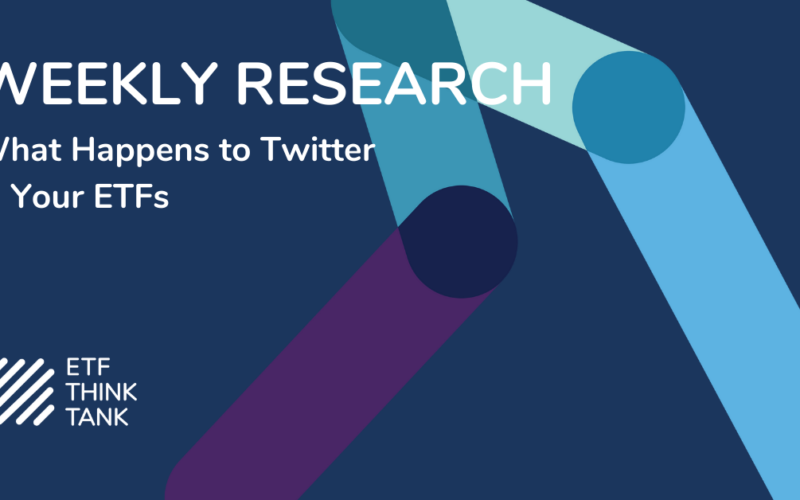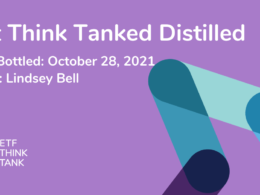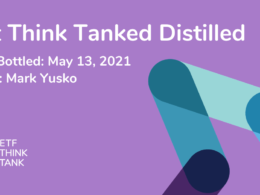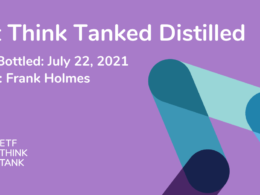Emerging markets equities have been a lagging trade for more than a decade and have been virtually dead money since 2007. Kevin Carter, the founder of the Emerging Markets Internet & E-Commerce ETF (EMQQ), still believes that these economies may offer some of the biggest growth potential in today’s market. He rejoins the ETF Think Tank to discuss why he thinks emerging markets are one of the best long-term growth plays.
Carter points out that EMQQ is attractive because it goes after where the growth is. The traditional emerging markets indexes are dominated by the legacy companies and tend to include a lot of state-owned enterprises. Their exposure to the consumption story is minimal. Funds that exclude state-owned enterprises generally work better, but they’re still missing a lot of the big internet and e-commerce names. EMQQ focuses on the broader growth story in emerging markets and has the ancillary benefit of avoiding a lot of the SOEs.
The evidence for this can be seen by the small 8% overlap between EMQQ and the traditional emerging markets index. Carter says all of his firm’s indexes are rules-based, but you need to be an internet or e-commerce company. There’s some verification to qualify for the portfolio and they usually get it right pretty quickly. Individual component weightings are capped at 8% and it rebalances twice a year.
Carter’s view on these markets is that it’s not the economies that are emerging as much as the people are. People’s incomes are rising and they typically want all the same stuff that the developed markets already have. As he sees it, 85% of the world’s population are in emerging markets, but the demographics are even better because 90% of the population is under the age of 30. The three big themes in emerging markets right now are the consumption story, the computer, and the internet. Among the advantages Carter notes are that the e-commerce market in China is currently twice the size of the United States, India internet adoption is just beginning, and e-commerce is only 4% of total retail in Latin America. There’s a lot of opportunity. It’s big, it’s young, it’s growing fast and it’s early.
Should we view emerging e-commerce as a staple or a growth story? Carter says that he’s just concerned about long-term growth of earnings and revenue growth. The number of emerging market consumers, unfortunately, went backwards during the pandemic. Nobody, it seems, was really able to get their arms around the idea of a pandemic shutting things down to such a degree. Today, we have a shortage of so many things and that’s impacting a lot of the short-term narrative. Stocks, in some cases, are already down quite a bit, but the biggest returns tend to come after a big drawdown.
What are you seeing in fintech in emerging markets? Carter visited Latin America recently to get an up-close view and said that the ecosystem had already become very well developed. There are hundreds of venture-funded companies in Colombia alone, but each one of these countries has this kind of ecosystem developing. Rappi, for example, is Colombia’s version of Doordash. Its selling point is that it offers 10-minute delivery. You couldn’t go out on the street and not see dozens of these vehicles. If you consider the population density and low labor costs, there’s so much potential in quick commerce.
Carter says that there is no official definition of what separates a frontier market from an emerging market, but the MSCI definition is probably the best. He says that GDP per person is also good at grouping these economies. A $25,000 GDP, per person, would qualify as a developed market and a sub-$2000 figure would be a frontier market. Emerging markets would fall somewhere in between. China is an emerging market because it has about $10,000 GDP, per person, even though the population is huge. If we judged by internet development, China would be #1 by far.
Disclosure
All investments involve risk, including possible loss of principal.
The material provided here is for informational purposes only and should not be considered an individualized recommendation or personalized investment advice. The investment strategies mentioned here may not be suitable for everyone. Each investor needs to review an investment strategy for his or her own particular situation before making any investment decision.
All expressions of opinion are subject to change without notice in reaction to shifting market conditions. Data contained herein from third party providers is obtained from what are considered reliable sources. However, its accuracy, completeness or reliability cannot be guaranteed.
Examples provided are for illustrative purposes only and not intended to be reflective of results you can expect to achieve.
The value of investments and the income from them can go down as well as up and investors may not get back the amounts originally invested, and can be affected by changes in interest rates, in exchange rates, general market conditions, political, social and economic developments and other variable factors. Investment involves risks including but not limited to, possible delays in payments and loss of income or capital. Neither Toroso nor any of its affiliates guarantees any rate of return or the return of capital invested. This commentary material is available for informational purposes only and nothing herein constitutes an offer to sell or a solicitation of an offer to buy any security and nothing herein should be construed as such. All investment strategies and investments involve risk of loss, including the possible loss of all amounts invested, and nothing herein should be construed as a guarantee of any specific outcome or profit. While we have gathered the information presented herein from sources that we believe to be reliable, we cannot guarantee the accuracy or completeness of the information presented and the information presented should not be relied upon as such. Any opinions expressed herein are our opinions and are current only as of the date of distribution, and are subject to change without notice. We disclaim any obligation to provide revised opinions in the event of changed circumstances.
The information in this material is confidential and proprietary and may not be used other than by the intended user. Neither Toroso or its affiliates or any of their officers or employees of Toroso accepts any liability whatsoever for any loss arising from any use of this material or its contents. This material may not be reproduced, distributed or published without prior written permission from Toroso. Distribution of this material may be restricted in certain jurisdictions. Any persons coming into possession of this material should seek advice for details of and observe such restrictions (if any).




